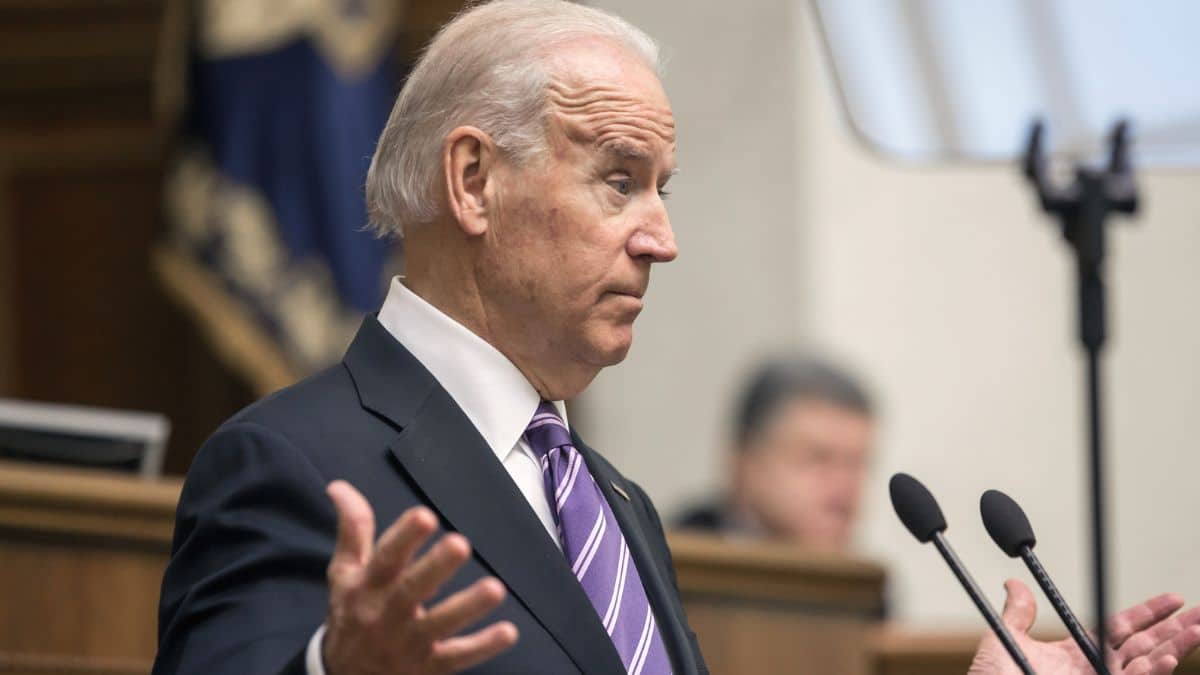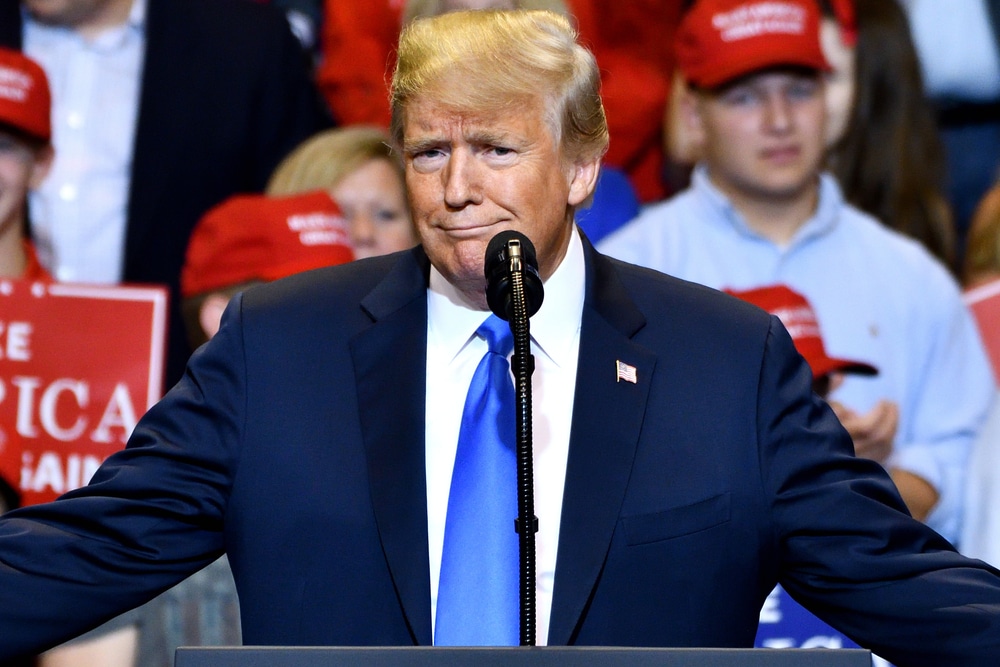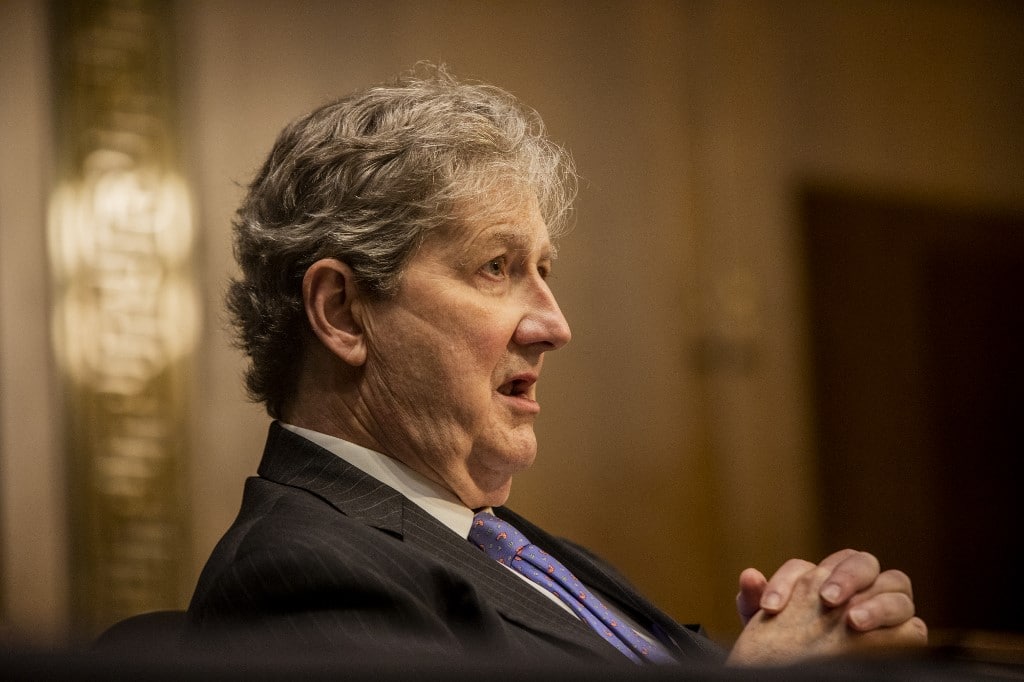The U.S. has witnessed a rapid increase in clean energy initiatives, with investments exceeding $200 billion following President Biden’s enactment of a comprehensive climate bill.
Law Reversal Concern

However, with the election looming and the possibility of a Republican takeover, there is growing concern that crucial aspects of the law may be overturned.
Political Opposition
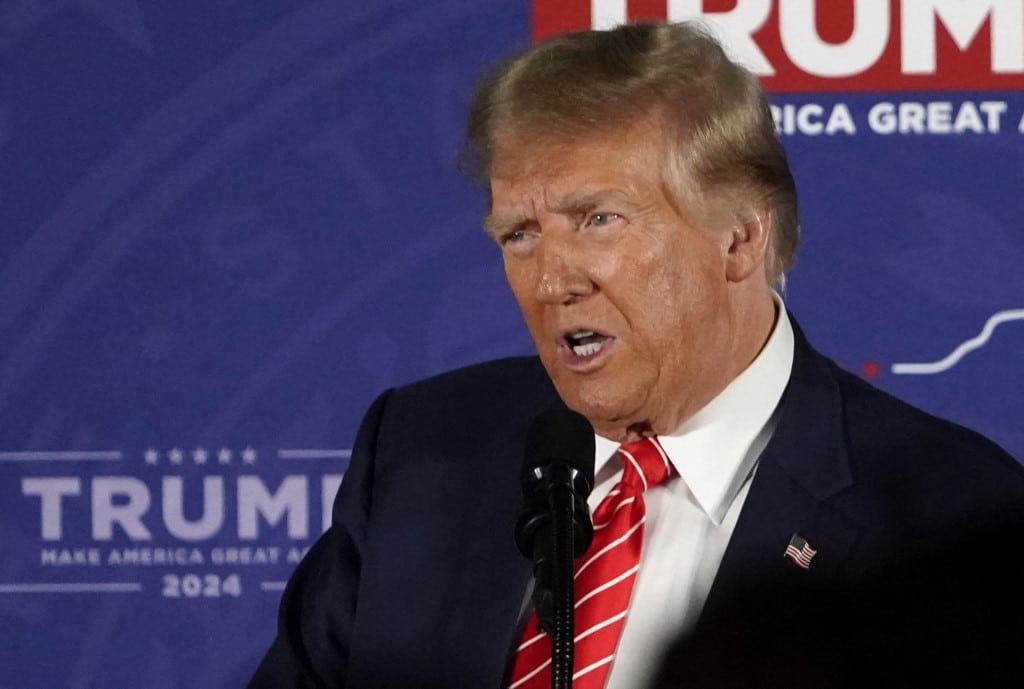
Donald Trump, leading the Republican nomination race, has criticized key aspects of the Inflation Reduction Act, particularly the tax incentives for electric vehicle purchases.
Investment Stability

This criticism has led corporate leaders to contemplate the future stability of clean energy investments.
Law Remains Intact

Despite Republican efforts, the climate law passed solely by Democrats in 2022 remains intact. The law’s benefits have extended into Republican regions, bolstering job creation and investment.
Potential Regulatory Shifts

However, A Republican-led administration might seek to adjust the law’s application through regulatory means rather than congressional repeal, potentially altering the landscape of beneficiaries and impacting the Biden administration’s climate objectives.
Chopping Block

“We’ve got to win the presidency and both houses. Otherwise, it’s all going to be on the chopping block,” said New Jersey Representative Frank Pallone Jr., a member of the House Energy and Commerce Committee.
Law’s Incentives
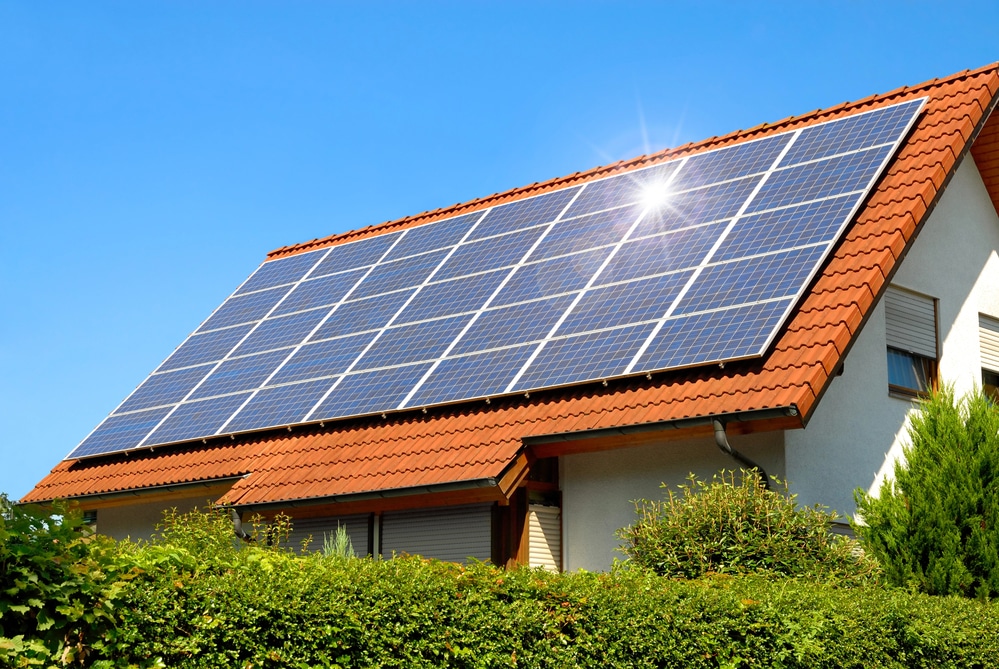
The Inflation Reduction Act offers various incentives for clean energy adoption and consumer tax breaks for eco-friendly purchases, aiming to accelerate the transition to renewable energy sources.
Targeted Provisions

Analysts from the fossil fuel sector predict that Republicans would try to revise or limit certain provisions of the law, particularly those encouraging electric vehicle and renewable energy advancements.
Stricter EV Regulations

Republican lawmakers have already advocated for stricter regulations on electric vehicle(EV) components to enhance domestic manufacturing and decrease dependence on China.
Potential Hurdles

However, this may reduce the number of eligible vehicles, potentially impeding progress toward the Biden administration’s objective of achieving electric vehicles accounting for half of new car sales by 2030.
Trump’s Critique
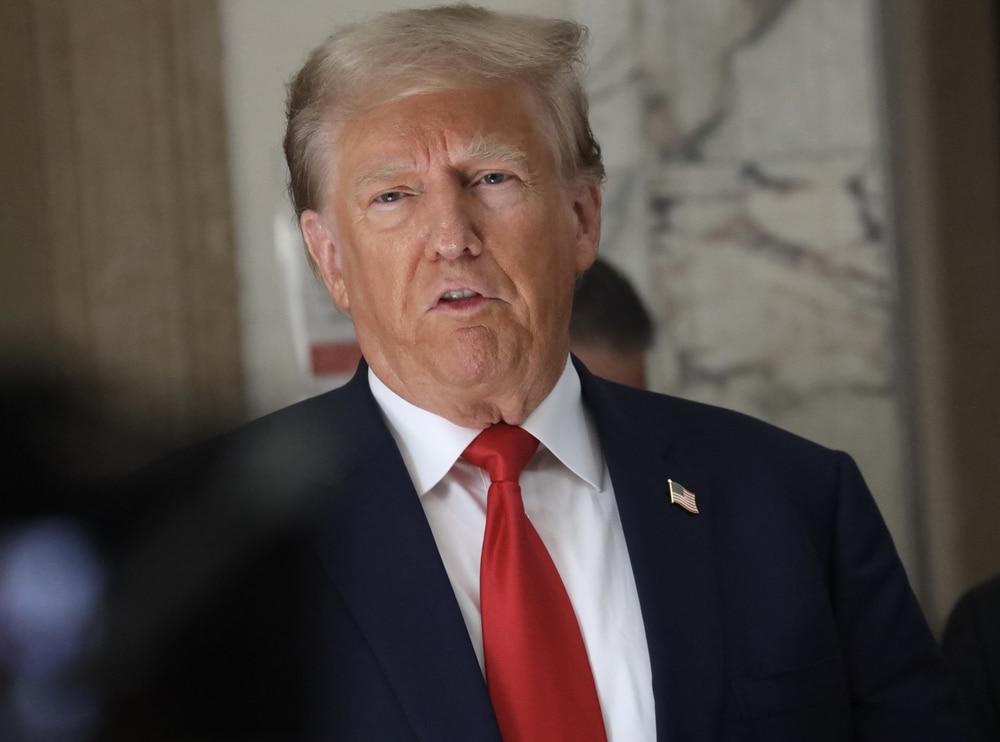
Former President Trump has vocally opposed the electric vehicle tax credits and other renewable energy incentives, promoting natural gas over wind power and criticizing the law’s focus on electric mobility.
Too Much Cost

“We are a nation whose leaders are demanding all-electric cars, despite the fact that they don’t go far, cost too much, and whose batteries are produced in China,” The former president said at a rally in New Hampshire last month.
Companies are Optimistic

Energy companies are optimistic that the law’s benefits to Republican areas might protect it from repeal despite concerns raised during corporate discussions about its longevity.
Benefit to Republicans
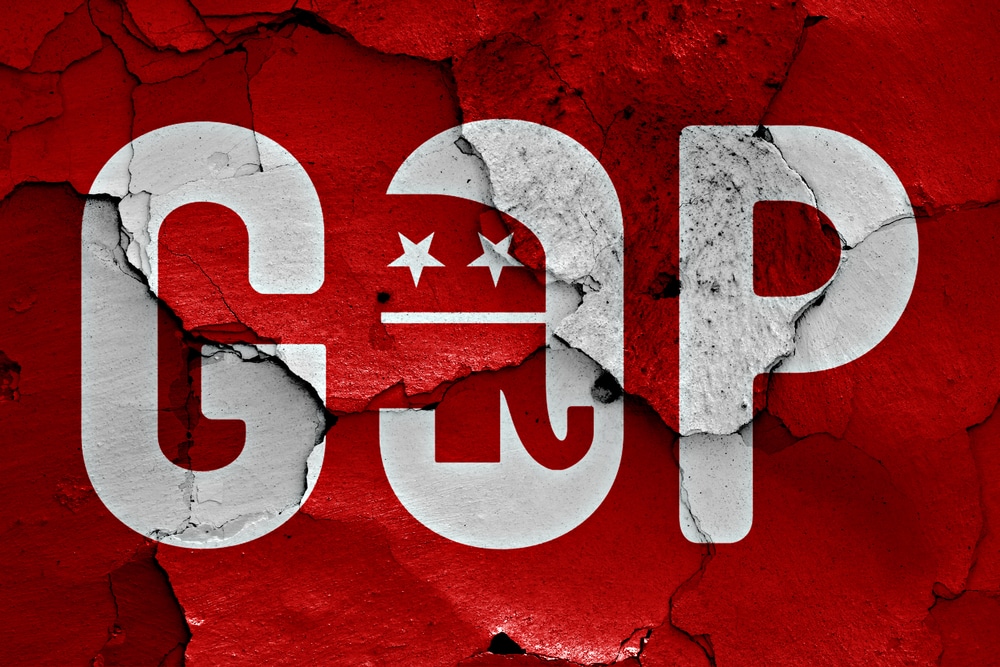
“It certainly is advantageous for obvious reasons for Democrats, but it also has a big benefit to Republicans,” said John Ketchum, CEO of NextEra Energy.
Jobs in Republican Districts
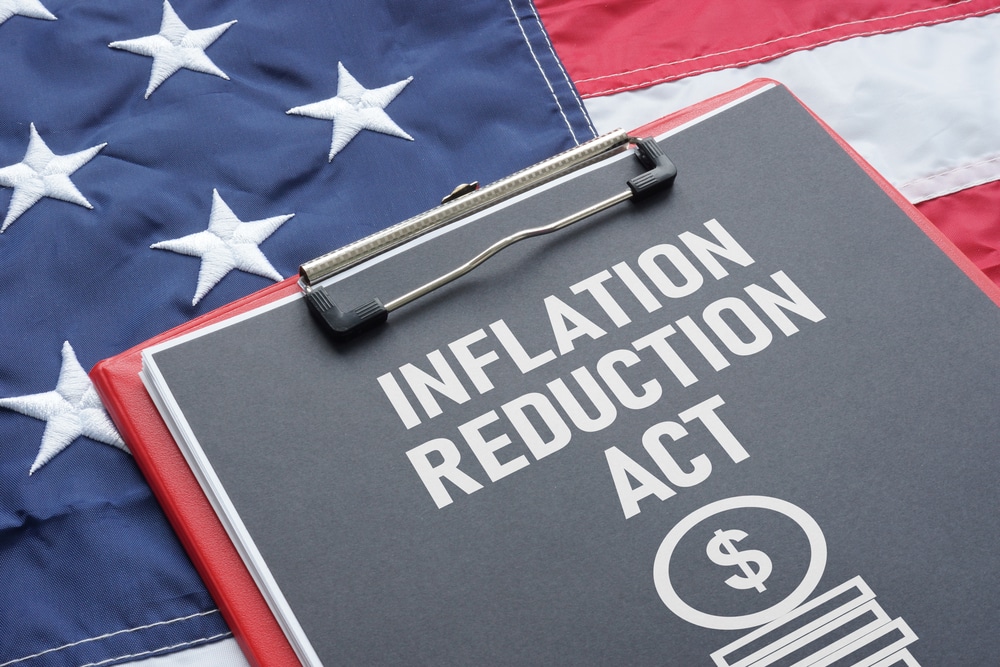
Following the enactment of the Inflation Reduction Act, over half of the announced major clean energy projects and 67% of all associated job announcements have been located in Republican districts.
Not a Cakewalk

It’s not like it’s going to be a cakewalk for Republicans to do this,” Pyle said, hinting at the complexity of repealing the act.
Industry Adjustments

A change in administration might open opportunities for industries to access broader tax credits, especially in emerging sectors like hydrogen production, said Sasha Mackler, executive director of the energy program at the Bipartisan Policy Center
Tighter Limits for Credit

Officials from the Biden administration have suggested stringent limitations for the credit to promote hydrogen production while minimizing its impact on carbon emissions.
Monitoring Law Changes

David Carroll, Engie North America’s Chief Renewables Officer, mentioned that energy firms are closely monitoring possible changes to environmental laws.
Impact on Legislative Decision-Making

Carroll highlighted that job creation in Republican states such as Indiana and Texas, resulting from these laws, would significantly influence legislative decisions.
White House Warning
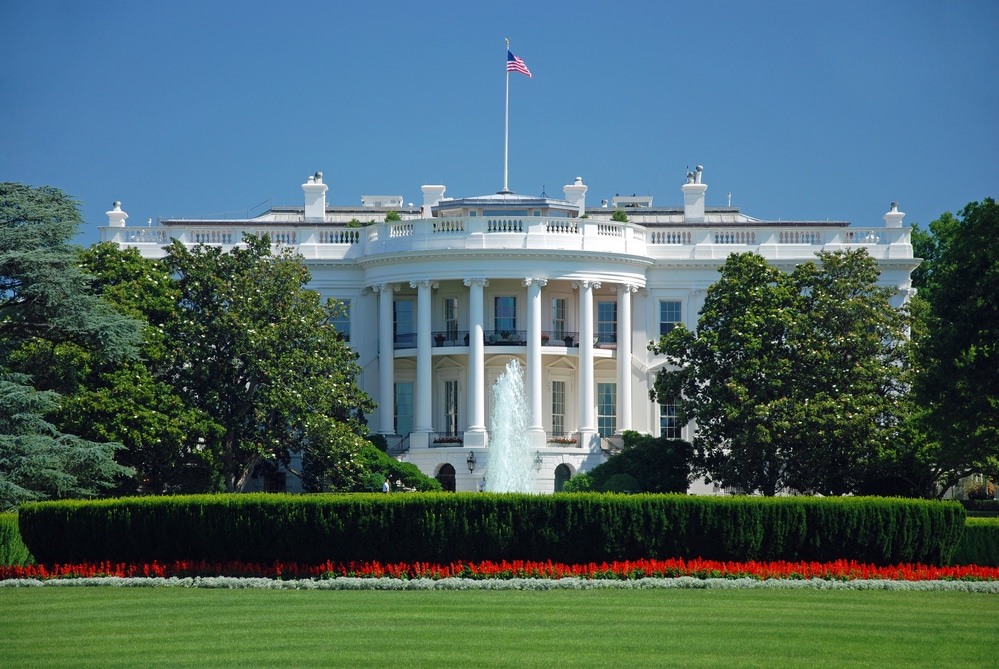
The White House cautions against Republican efforts to modify the climate law, emphasizing the adverse effects on job creation, healthcare costs, and energy prices in their own constituencies.
Balancing Act

However, energy researchers and business groups anticipate that Republicans may seek to modify parts of the environmental law to balance the costs associated with the extension of Trump-era tax cuts due in 2025.
Read Next: What Really Causes Donald Trump’s Skin to be So Orange
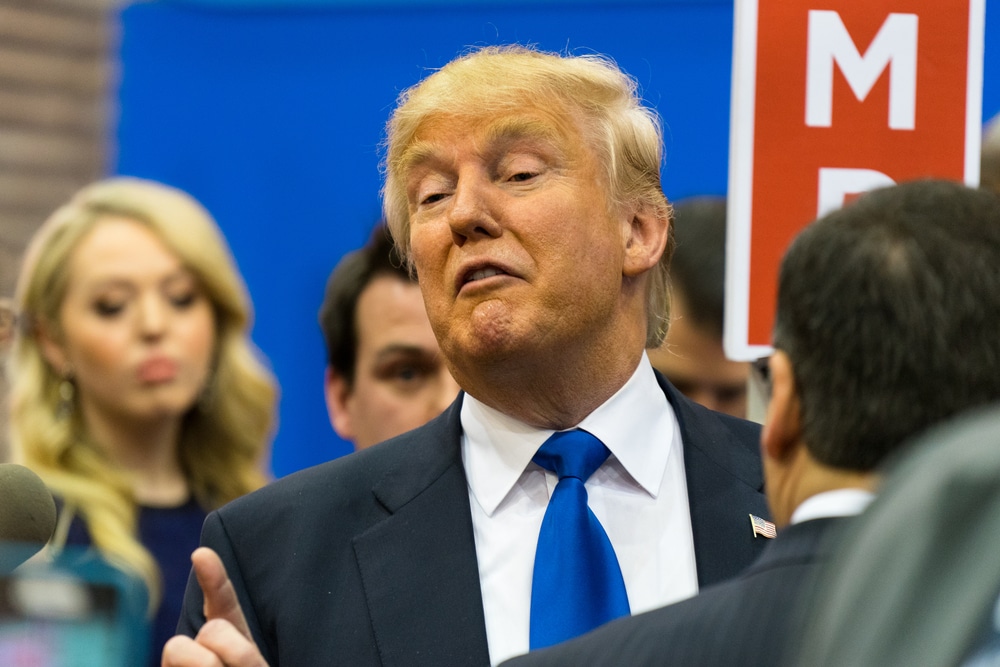
Former President Donald Trump’s distinctive orange skin has captivated attention, sparking curiosity about its evolution from average pale over the years:
What Really Causes Donald Trump’s Skin to be So Orange
21 of the Biggest Lies in American History

Dive into the shadows of American history as we explore 21 of its biggest lies that have left an indelible mark on the nation’s narrative:
21 of the Biggest Lies in American History
32 Things We Once Highly Respected but Are a Complete Joke Now

Discover the amusing downfall of once-respected entities in our changing world:
32 Things We Once Highly Respected but Are a Complete Joke Now
23 of Donald Trump’s Most Hilarious Moments as President

Explore the lighter side of Donald Trump’s presidency with 23 hilariously memorable moments that left the nation in stitches:
23 of Donald Trump’s Most Hilarious Moments as President
27 Things MAGA Movement Ruined Forever for People

How the MAGA movement left its mark on individuals and disrupted certain aspects of our everyday life forever:






